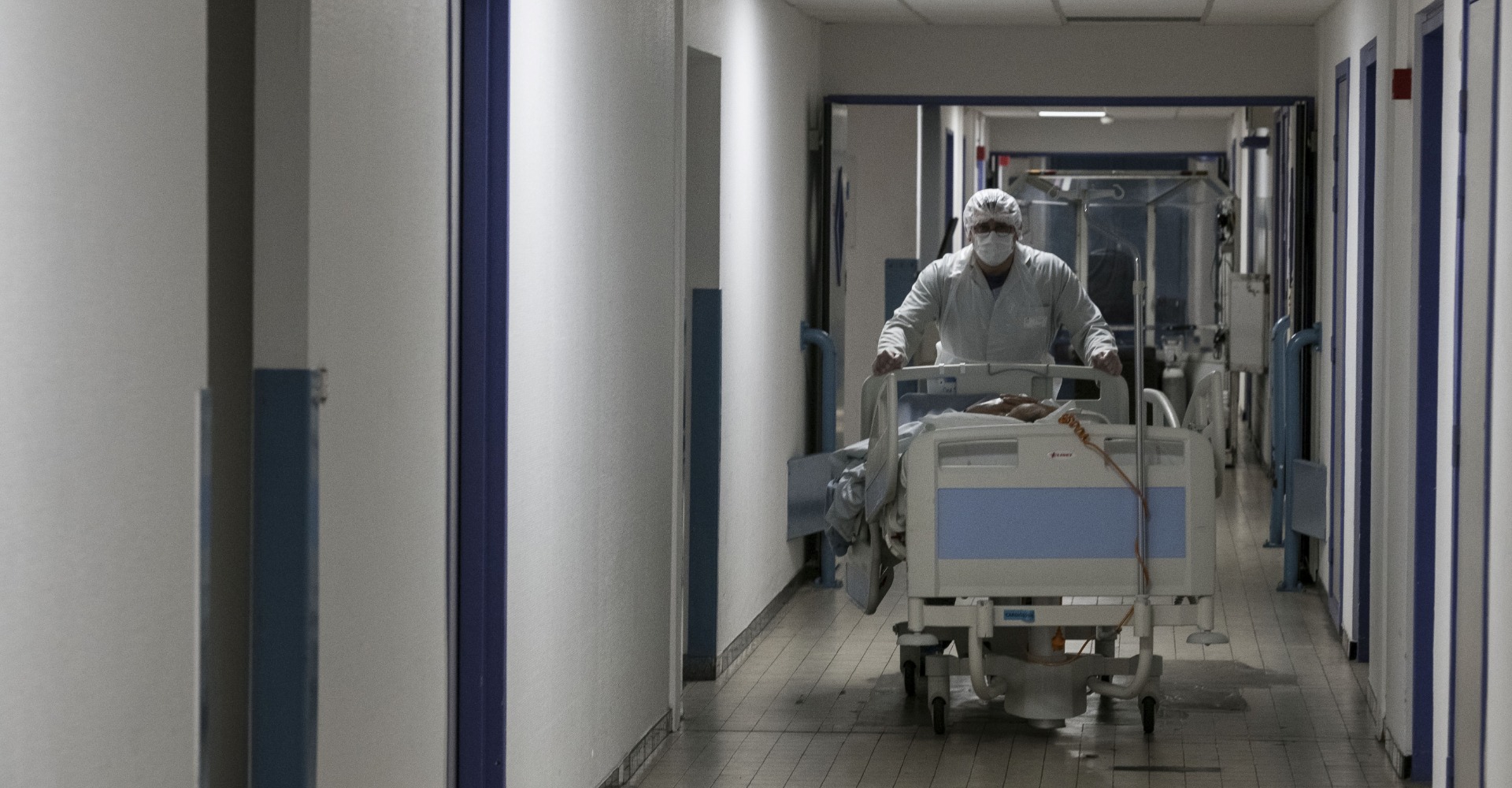INTERVIEW
Is the age of patients more taken into account than usual by doctors, in the face of the coronavirus epidemic? Two associations think so and have filed a petition before the State Council, demanding an explicit protocol for access to care for elderly people affected by the infection. "It is the heart of our daily job, to know if such and such a patient should benefit from resuscitation techniques", replies on Europe 1 Raphaël Pitti, anesthesiologist-resuscitator and professor of emergency and disaster medicine.
>> LIVE - Coronavirus: follow the developments on Sunday
"It is very unpleasant to hear that"
"These resuscitation techniques are heavy and aggressive, it is up to us to decide if there is still therapeutic hope for them to take care of them," continues the doctor, who spent a month on the front line in the Greater East, the region hardest hit by the epidemic. While the request of the associations highlights a "breach of equality" both in access to care and in the treatment of the end of life, the specialist points out that "all the policy conducted" is precisely aimed at "ensuring places in intensive care ". "It is very unpleasant to hear that," he annoys himself.
>> PODCAST - Our answers to your questions about the coronavirus
"We have transformed the continuing care units and the recovery rooms into resuscitation services, by mobilizing all possible respirators and by bringing in reinforcements," lists Raphaël Pitti. "We brought in retired nurses and colleagues from the South of France because we needed skills."
"We give ourselves a limit in care"
Responding to accusations of "sorting" the patients, the Minister of Health Olivier Véran had mentioned on Saturday the case of patients with disabilities, stressing that these people "should receive the same care as the rest of the population". "There is no sorting, we make sure to always take care of a patient", defends Raphaël Pitti at the microphone of Europe 1.
CORONAVIRUS ESSENTIALS
> How long are healthy carriers contagious?
> What are the side effects of chloroquine?
> Adulterated tests, false calls for donations ...: watch out for scams linked to the coronavirus
> Reading, board games ... How to stimulate your brain during confinement?
> How to avoid gaining pounds during confinement?
"We can decide to take the patient in intensive care but limiting the care," he continues. "There are patients we do not take. For example, the 94-year-old patient with Parkinson's disease, bedridden, without family, without emotional environment, the one for whom the end of life is near and where we knows that the coronavirus will bring it faster towards the end of life. It is accompanied and there can be a therapeutic experience, but we will not go to dialysis for example. We give ourselves a limit in care . "

